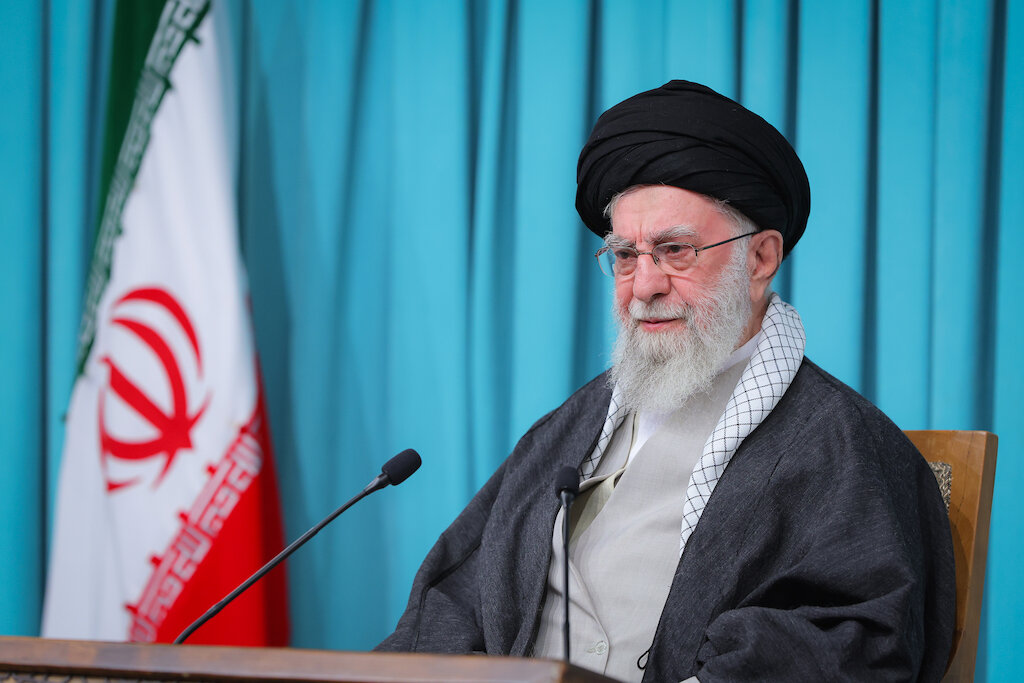Iranian Supreme Leader Ayatollah Ali Khamenei on Tuesday rejected the idea of negotiations with the US, citing the Trump administration’s demands for Tehran to give up nuclear enrichment and calls for limits on Iran’s ballistic missiles.
“Now, he (the US President) says that enrichment must be terminated, but just a few days ago one of their officials stated that Iran should not even possess medium-range or short-range missiles — meaning that Iran’s hands should be so tied that if it were attacked, it could not even respond to the US bases,” Khamenei said in a televised speech, according to his website.

The Iranian leader reaffirmed that Tehran does not seek nuclear weapons, comments that came after some Iranian MPs called for a reassessment of his ban on the development of nukes. “We’re the ones who don’t have a nuclear bomb, and we won’t have one. We have no intention of using nuclear weapons, but we do have enrichment,” he said.
The Iranian leader also insisted Tehran would never give up its enrichment program, framing it as a matter of national pride. He also said that agreeing to negotiations with the US would amount to surrender. Other Iranian officials have repeatedly said that Tehran would need assurances that it wouldn’t be attacked again if it resumed talks with the US, since previous negotiations were used as a cover for Israel to launch a war.
“The counterpart has threatened that if you do not negotiate, such and such will occur. Therefore, accepting such negotiations signifies submission, fear, and trembling — a surrender of the nation and the country in the face of threats,” he said.
Khamenei’s comments come as the reimposition of UN Security Council sanctions on Iran, which were lifted under the 2015 nuclear deal known as the JCPOA, looms. France, the UK, and Germany have begun the process to trigger the so-called “snapback” mechanism, and the sanctions will take effect on September 27 unless action is taken. The UN Security Council recently voted down a resolution that would have blocked the measures.
Some Iranian officials have warned that if snapback sanctions are re-imposed, Tehran could withdraw from the Non-Proliferation Treaty (NPT), a step that could be used by Israel and the US as a pretext to launch another war, even though Israel is not a signatory to the NPT. Unlike Iran, Israel actually has a secret nuclear weapons program and a stockpile of nuclear weapons that’s not officially acknowledged by the US and Israel.


